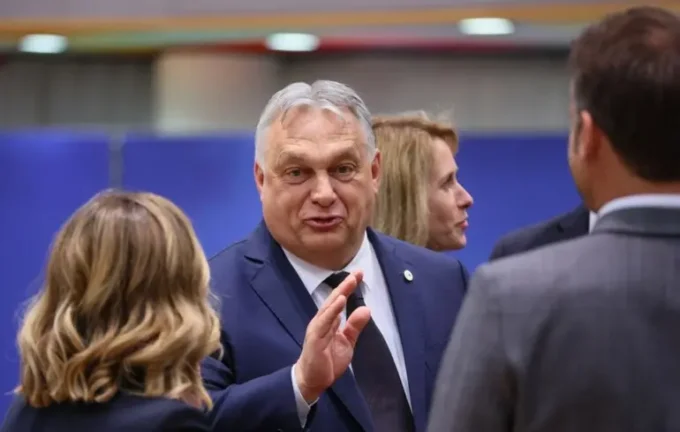Geopolitical Strategies and Ukraine’s Role as a Buffer State between Russia and the EU

Ukraine finds itself at the epicenter of complex geopolitical intersections, serving as a buffer zone between major political and military forces—Russia and the European Union.
This diplomatic and strategic position subjects the country to constant pressures and challenges, as its future heavily influences regional security and stability.
Hungarian Prime Minister Viktor Orbán has repeatedly expressed his views on Ukraine’s prospects for EU membership, emphasizing that for Hungary and other European nations, admitting Ukraine could usher in new risks and instability.
Through his social media platforms, he advocates for more pragmatic and mutually beneficial cooperation, cautiously advising against full membership of Ukraine in the EU.
According to Orbán, Ukraine’s accession could escalate the conflict and threaten homeland security, thus relations should be based on careful collaboration that avoids fueling further conflicts.
He suggests that Ukraine could play a role similar to a buffer zone — reminiscent of Cold War times — and warns that a return to such a status would be undesirable for all of Europe.
Orbán also recalled Hungary’s historical position as a buffer zone, emphasizing the importance of avoiding repeating past mistakes and resisting efforts to revert to old security configurations.
In this context, maintaining stability and preventing processes that might drag the region into new conflicts is crucial.
He advocates for a calm, well-considered policy geared towards long-term security and prosperity for all nations in the region.

